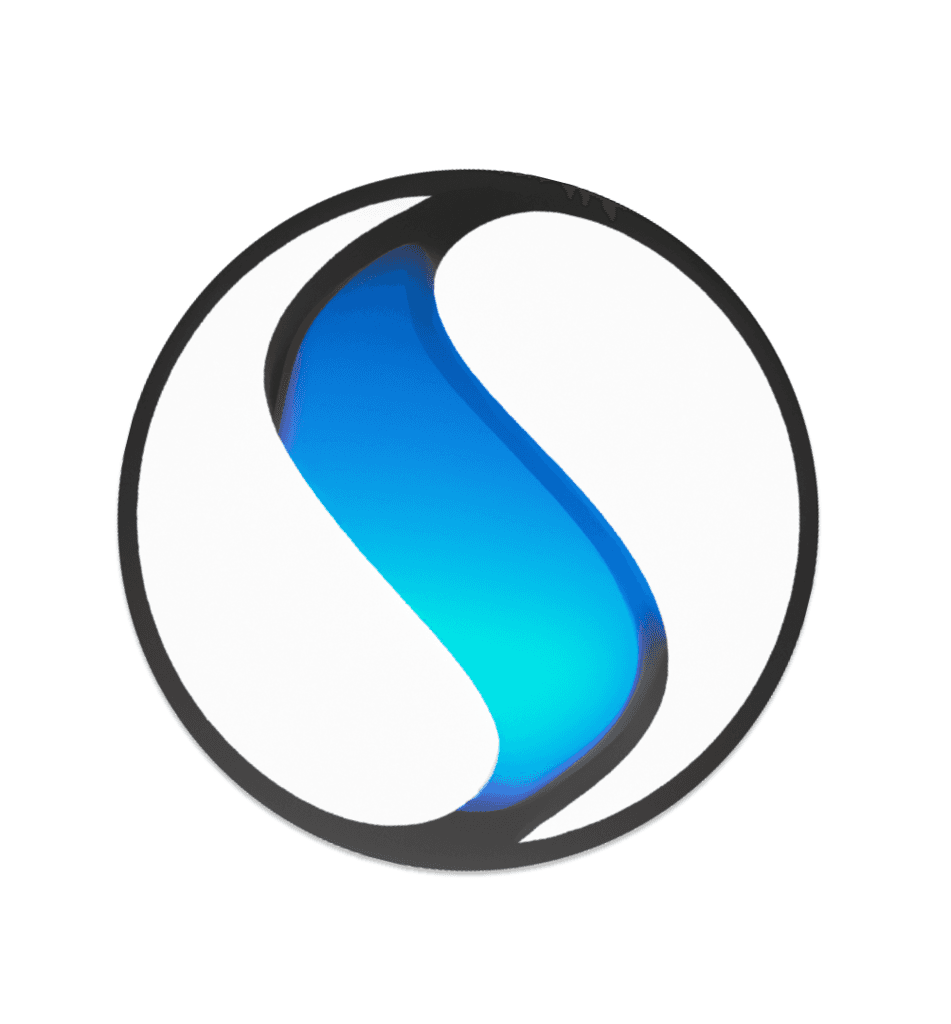"VR Welding Safety": A Whole New Way of Training

Overview
Project: Virtual Reality Welding Training
Duration: 6 Months (Fall 2020)
Location: American River College
Role: Student Design Intern - Lead Designer
Stakeholders: Welding Faculty, Instructional Professors, Computer Science Department, American River College Design Lab
Introduction
With the advent of the COVID-19 pandemic, American River College faced the unprecedented challenge of transitioning hands-on welding training to a remote learning format. The Virtual Reality Welding Training project emerged as an innovative solution, leveraging VR technology to simulate a comprehensive welding environment.
Challenge
The abrupt shift to online learning posed significant obstacles for the practical, hands-on nature of welding instruction. Traditional teaching methods were no longer viable, necessitating a creative approach to sustain educational quality and student engagement.
Solution
Virtual Reality Welding Training was conceived to address this need by creating an immersive VR welding simulation. Utilizing Google Poly, Adobe Illustrator, and 360-degree photography, the project aimed to craft a detailed and interactive learning experience for students.
Process:
Initial Conceptualization: Collaborated with faculty and stakeholders to define project goals.
Design and Development: Employed Google Poly to host immersive scenes, Adobe Illustrator for graphical elements, and 360-degree cameras to capture real-world welding environments.
Stakeholder Engagement: Navigated challenges through remote collaboration with college departments and the design lab.
Implementation: Integrated VR experiences into the curriculum, utilizing Google Cardboard and web access for accessibility.
Features:
Immersive Learning Environment: Realistically replicated welding lab with interactive elements.
Comprehensive Curriculum Integration: Covered essential welding techniques and safety protocols.
Accessible Technology: Utilized Google Cardboard to provide a cost-effective VR experience as well as web access.
Results
Launched in Fall 2020, the VR welding training module was met with an enthusiastic reception from both students and faculty, highlighting its effectiveness in bridging the gap caused by campus closure. The initiative not only maintained continuity in education but also enriched the learning experience with its novel approach.
Conclusion
The Virtual Reality Welding Training project at American River College showcased the potential of VR technology in overcoming the constraints of remote education. It represented a successful collaboration across multiple departments, highlighting the importance of adaptability and innovation in educational methodologies. While the initial platform, Google Poly, has since been discontinued, the legacy of this project continues to inspire further exploration of VR in technical training programs.
This case study exemplifies my early contributions to VR reflecting my life commitment to leveraging emerging technology to benefit humanity.


